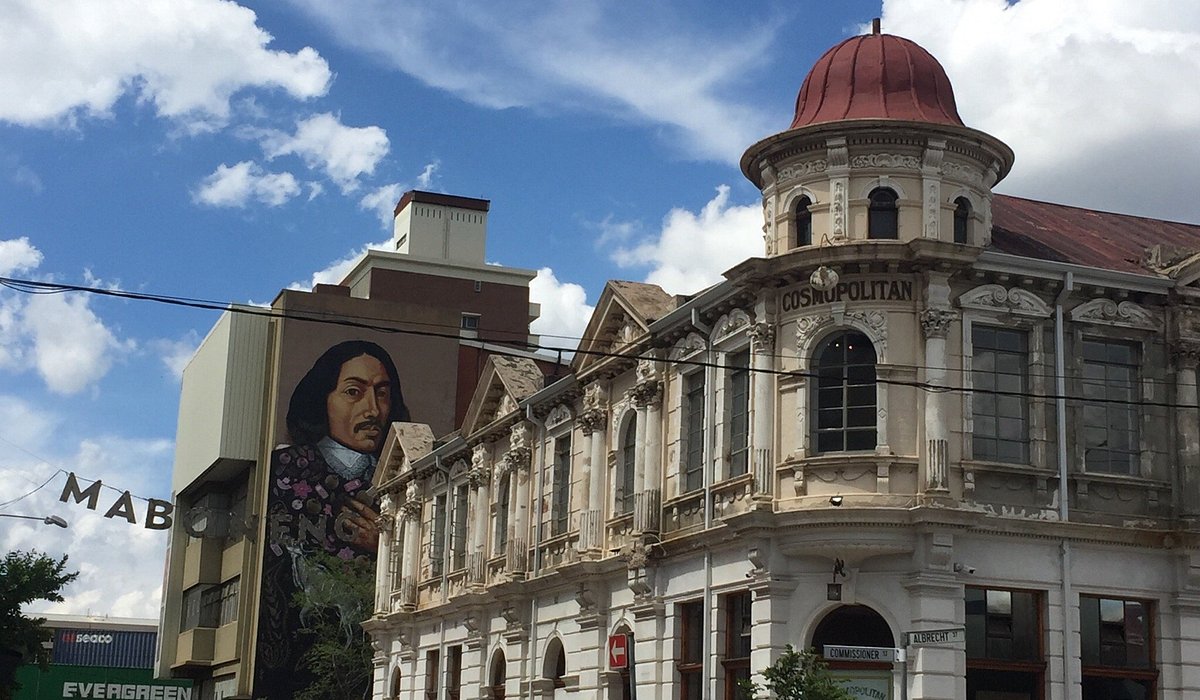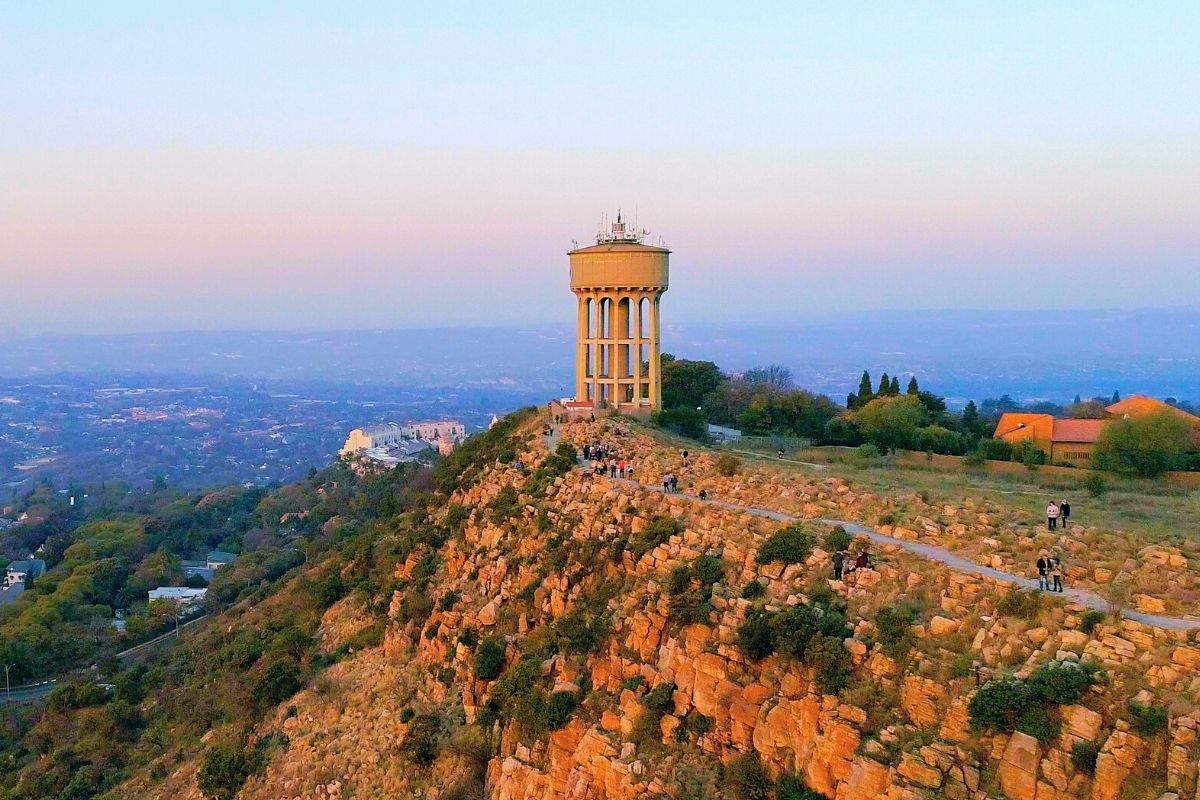Some Known Details About Johannesburg North Attractions
Some Known Details About Johannesburg North Attractions
Blog Article
Getting My Johannesburg North Attractions To Work
Table of ContentsThe Main Principles Of Johannesburg North Attractions The Facts About Johannesburg North Attractions UncoveredJohannesburg North Attractions - TruthsJohannesburg North Attractions Can Be Fun For AnyoneJohannesburg North Attractions Things To Know Before You Get ThisSome Ideas on Johannesburg North Attractions You Need To KnowThe Ultimate Guide To Johannesburg North Attractions
Nevertheless you need to keep safety and security in mind and travelers must remain sharp whatsoever times when in unfamiliar environments. Talk to the citizens when you are in community to discover the location you are remaining in. Johannesburg North attractions. When on the street (this doesn't relate to mall and other safe and secure atmospheres) best basic guidance is to attempt your best to appear like a neighborhood and to prevent displaying any type of form of wealth
Little Known Questions About Johannesburg North Attractions.
Professor Revil Mason O. J. (Thomson, 1946) discovered the Witwatersrand's pre-colonial background. His archaeological work blew up the 'em pty land' misconception, according to which the area was lacking human habitation prior to the arrival of European settlers. In his publications Prehistory of the Transvaal: A Record of Human Activity (1962) and Origins of Black Individuals of Johannesburg and the Southern Western Central Transvaal Advertisement 3501880 (1986 ), Teacher Mason demonstrated the extent of social and economic growth in the location before Europeans set foot right here.

The 10-Minute Rule for Johannesburg North Attractions
He showed the federal government's consent, provided after he had actually testified maintain his explorations key. In 1874, small mining operations were begun in the Magaliesberg, where an Australian, Henry Lewis, had actually discovered gold deposits. In 1878, David Wardrop discovered gold in quartz capillaries at Zwartkop, north of Krugersdorp. In 1881, Stephanus Minnaar found gold on the ranch Kromdraai, near the Cradle of Humankind.
In March 1886, a protrusion (soon to be called the Key Coral reef) was located, rather fortuitously, on Gerhardus Oosthuizen's farm Langlaagte. Some say that the Lancastrian coal miner George Pedestrian discovered this coral reef. Another itinerant English miner, George Harrison (who had previously functioned in Australian mines) gotten a prospecting permit in regard of Langlaagte in Might 1886.
He determined to carry on in a pursuit for greener fields, and disposed of his Langlaagte insurance claim for the handsome sum of 10. Alas: underneath lay the wealthiest goldfield ever before found. The discovery of this abundant auriferous reef provoked a gold rush that indicated completion of agrarian serenity in the southerly Transvaal.
It would certainly, within six years, end up being the biggest town in southerly Africa. Within a decade, it would make the Z. A. R. until then an anarchical and insolvent little state the most affluent nation in Africa. By the millenium, the Z. A. R. was to go beyond Russia, Australia and the United States of America to end up being the world's leading gold manufacturer, creating greater than a quarter of the globe's gold.
All About Johannesburg North Attractions
It was called Ferreira's Camp, called after Colonel Ignatius Ferreira. He i thought about this was a Boer traveler upon whom the British authorities had presented the condition of Friend of the Many Differentiated Order of St Michael and St George (entitling him to the post-nominal letters C. M. G.) in gratitude for his role in the battle that had deposed the Pedi king Sekhukhune in 1879.
Two various other camps were established: Meyer's Camp on the farm Doornfontein, and Paarl Camp. The latter was nicknamed Afrikander Camp; several people from the Cape Nest resolved there.

The Single Strategy To Use For Johannesburg North Attractions
This name gained money by word of mouth, such that the State Secretary attested the name to the Mining Commissioner on 9 October 1886. Stands in the village were auctioned on 8 December 1886. While some stands were sold for 10, others were torn down for as little as sixpence.
2 years later, these erven were to change hands for as high as 750 each. The tented camps dwindled as a dorp of corrugated iron buildings created and broadened north of the mines located along the Main Coral Reef Roadway. Locations such as Jeppe's Community (where working-class immigrants erected their dwellings) and Doornfontein (where the wealthy brand-new 'Randlords' began to build their luxurious homes) were quickly contributed to the ever-expanding map of the town.
About Johannesburg North Attractions
Apart from the road names, there were no signs of Johannesburg being situated in a Dutch-speaking country., virtually everyone talked English and even the Government servants attended to one in English, unless they were very first attended to in the Taal (or Reduced Dutch)'.
Britain had an interest in guaranteeing ideal conditions for gold production on the Witwatersrand, and that the gold was exported to London rather than Berlin a critical rendered all the much more clamant by the Z. A. R.'s increasing toenadering with Germany. Mine owners were on a clash with President Kruger, whose plan of monopolistic giving ins (usually given to his cronies) stopped mining firms from acquiring products of materials (specifically dynamite) and labour by themselves, less expensive terms
Johannesburg North Attractions Fundamentals Explained
In 1890, the Volksraad had limited the franchise business to white guys that had actually stayed in the Z. A. R. for fourteen years or longer, therefore invalidating the majority of the immigrants (that happened to be the major contributors to the fiscus). Agitation for the vote was a plain pretext for advertising a various schedule; many uitlanders concerned themselves as short-lived visitors and had no intent of continuing to be view publisher site in the Z.
Report this page